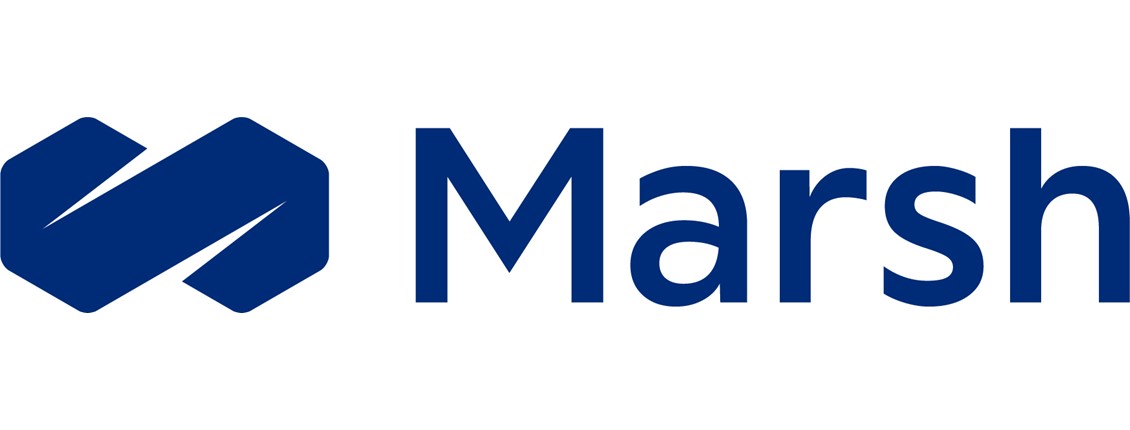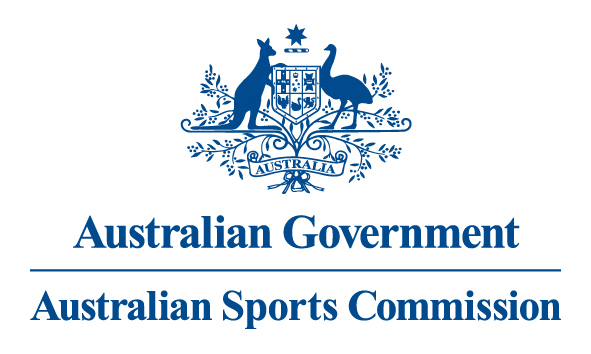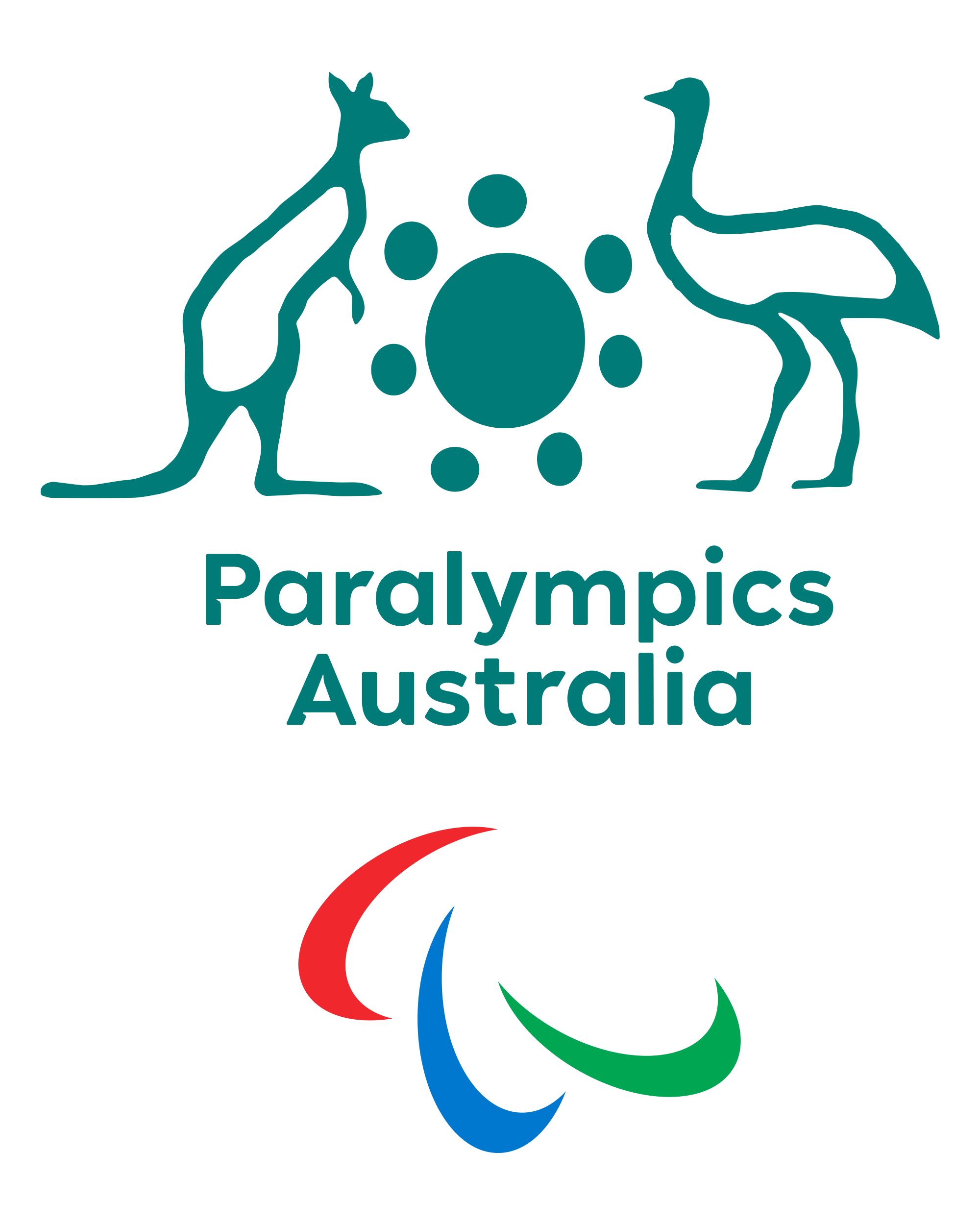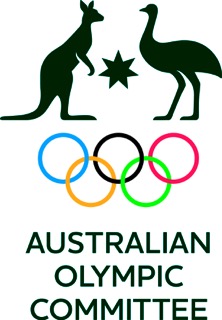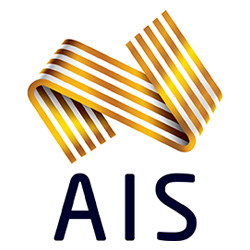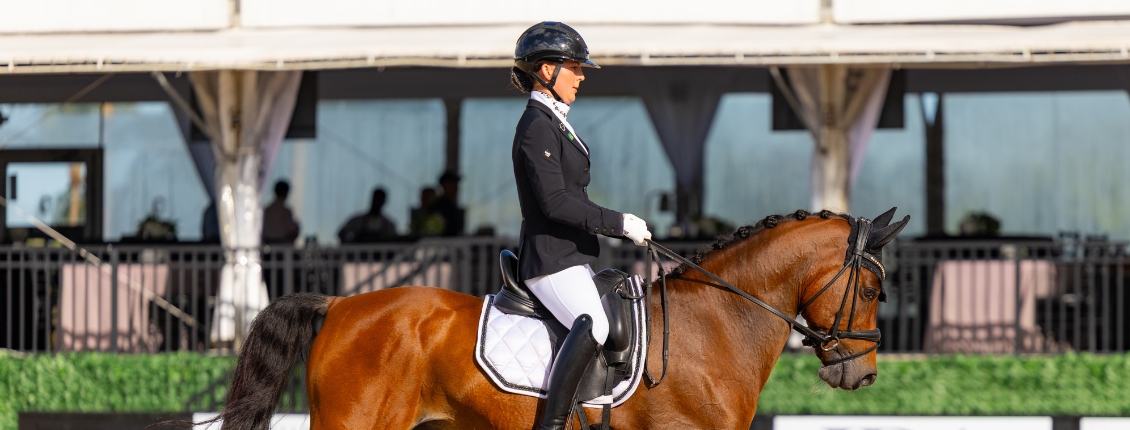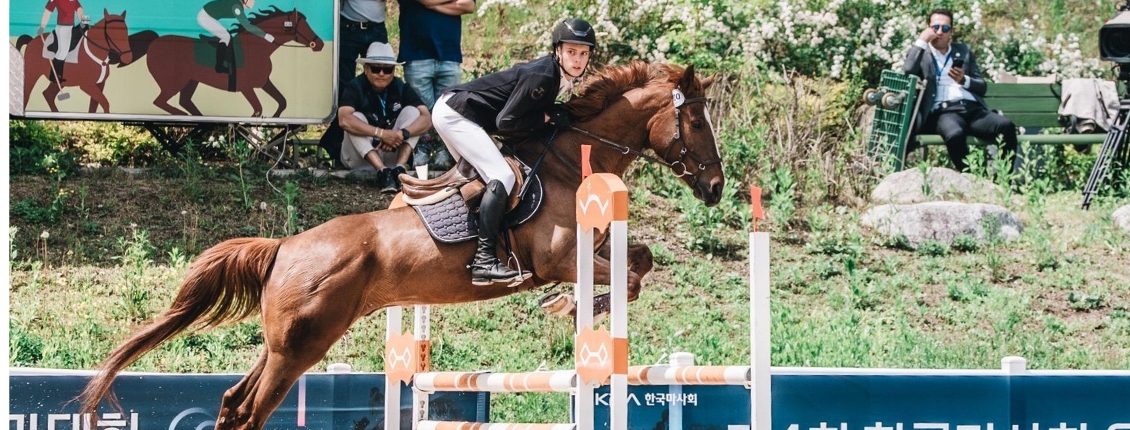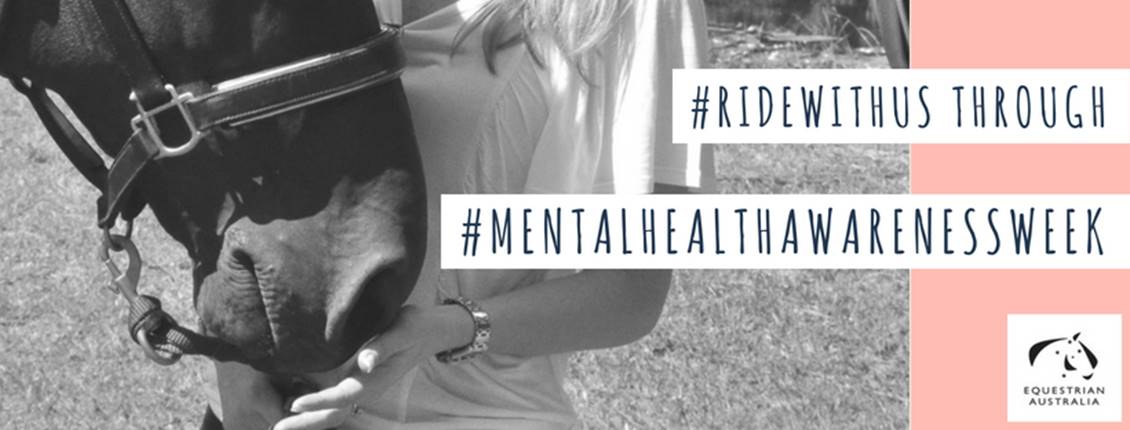
Mind-coaching in Equestrianism
From 14 to 20 May 2018, Equestrian Australia is running a Mental Health Awareness Week within the equestrian community on social media platforms. Stay tuned with the hashtag #MentalHealthAwarenessWeek and feel free, like others to share YOUR story.
We all have a riding coach ... why wouldn't we have a mind coach?
My job as an Equestrian Mind Coach allows me to use the skills acquired through my training and experience to optimise an individual's performances in both training and competition. Every individual has various strengths and weakness. I help them to identify those and find the tools and strategies to minimise the weaknesses and maximise the performance and enjoyment of the ride.
Think about athletes of all types... runners and swimmers just keep getting faster, gymnastics get higher scores, athletes just push the records, … how? Because they are not only using talents & skills. Today, to get the most out of their sports performance, it’s critical for athletes to understand the value of improving their mental game. Mental Health and Mind professionals will assist athletes gain a mental edge to beat out the competition, improve their consistency, confidence and focus. The mind is the greatest tool we can use.
Reasons for Mind coaching in Equestrianism:
- Fear of the unknown/failure/injury to self or horse
- Anxiety
- Discomfort of being watched by peers and onlookers
- Pressure from family, partners, peers, coaches
- Too many obstacles/limitations physically/ environmentally/mentally ... E.g. too far to get to the agistment centre, weather, homework or work, too windy, don't have the facilities, money
- Lack of confidence or ability
- Lack of motivation
- Mental health issues. Eg.depression and/or anxiety
- Coping with poor performance – sometimes this is just a one-off and sometimes it can be something that seems to be hanging around for some time
- Horse injury and setbacks
- Lack of structure in the training
- Self-esteem issues. We all suffer from this at various times for various reasons.
- Goal setting. Not having a focus or setting unrealistic goals that leave us feeling depressed and not good enough.
- Regaining confidence after time off / an injury
- Self-limiting mindset, self-sabotaging behaviours. Eg. Addictions
- Relaxation issues … This is a common one!
- Dealing with disability and the ongoing issues arising from disability.
- Dealing with physical challenges due to varying things, eg age, injury, poor diet.
- Boundaries or limitations created by us in competition: - practical and mind-based
Tools to maximise success in training and competition:
- Visualisation methods … riding your test in your mind, seeing yourself with the win or purely seeing your training sessions and results prior to them actually happening. Seeing your goals .. both the short-term and long-term goals. This can be guided visualisation with a hypnotherapist, through DVDs, CDs, a mind-coach or on our own.
- NLP – positive self-talk.. speaking the goals into fruition and not drawing attention to negative talk or self-destructive chatter.
- Sleep … so necessary yet at times can be very hard to get enough of. Guided meditation music, correct nutrition, exercise, ensuring good breathing methods at bedtime can help to keep anxiety to a minimum.
- Relaxation techniques – as above .. can be guided and integrated into set times through the day.
- Goal setting – both short term and long term .. dream boards .. this is incredibly important.
- Meditation
- Nutrition - correct nutrition for both yourself and your horse will always optimise your performance and the performance of your horse while enhancing your brain function
- Create routines … this is hard as habits have to be formed, but ensure total preparation. Preparation and good results don't happen by accident - focus and timeframes
- Establishing support networks (family, peers, coaches etc)
- Positive images (dream boards, DVDs) … visualisation
- Keep the present focus on what can be controlled
- Body scanning – notice and beware of each part of your body .. ground oneself
- Detaching from outcome … focus on the training and the 'now'
- Focused attention … eliminating distraction.
- Celebrations – rejoice in success … remember why we do this sport .. we love it.
Rebecca Griffin, Equestrian mind coach
Rebecca Griffin is a qualified EA level 1 coach (general). Using her studies and training in mindset coaching and sports science, she is not only skilled at advancing the physical training of horse and riders but also their mental strength.
http://www.eliteequestrianacademy.com/

